Politics
What’s on the agenda at COP30?
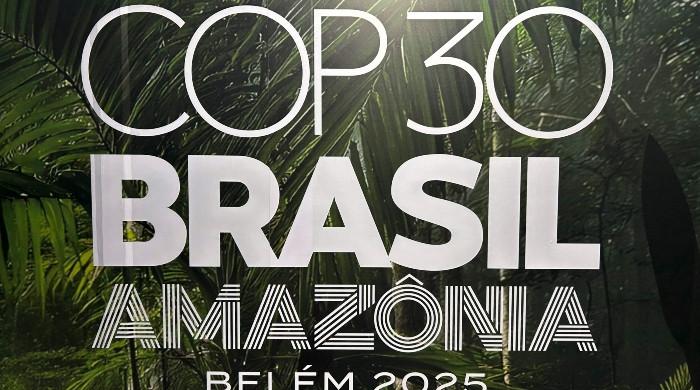
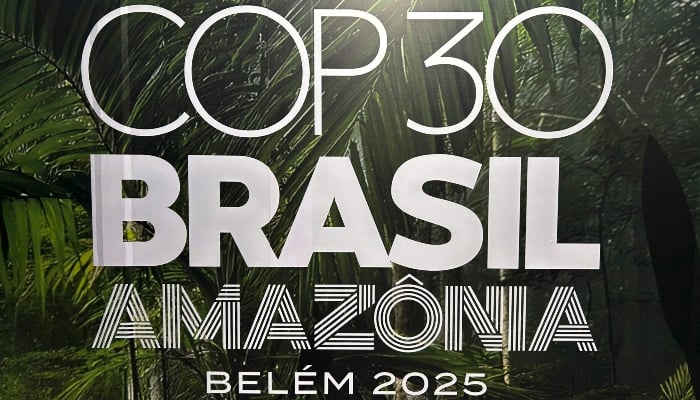
PARIS: This year’s United Nations climate summit promises to be symbolic, marking a decade since the Paris Agreement and taking place in the environmentally vulnerable Amazon. But what is actually on the agenda?
The marathon negotiations gather nearly every country to confront a challenge that affects them all but unlike recent editions, this “COP” has no single theme or objective.
That does not mean big polluters will get off easily at COP30 in Brazil, with climate-vulnerable nations frustrated at their level of ambition and financial assistance to those most affected by a warming planet.
Here are the big issues to look for as world leaders gather in the city of Belem on Thursday and Friday before the start of formal negotiations the following week:
Emissions
The world is not cutting emissions fast enough to meet the goals of the Paris Agreement and no amount of pomp and pageantry at COP30 will be able to sugarcoat that uncomfortable reality.
Under the climate accord, signatory nations are required every five years to submit stronger targets for cutting greenhouse gas emissions, thereby steadily raising the collective effort to reduce global warming over time.
The latest round of pledges for 2035 were due in February to give the UN time before COP30 to assess the quality of these commitments.
Most nations missed that deadline, but by early November, about 65 had turned in their revised plans.
The European Union, riven by infighting between member states, cannot agree on its target, while India is another major emitter yet to finalise its pledge.
A reckoning could be coming in Belem. Brazil — which described the latest round of pledges as “the vision of our shared future” — is facing pressure to marshal a response.
Money
Money — specifically, how much rich countries give poorer ones to adapt to climate change and shift to a low-carbon future — is a likely point of conflict in Belem, as in past COPs.
Last year, after two weeks of acrimonious haggling, COP29 ended unhappily with developed nations agreeing to provide $300 billion a year in climate finance to developing ones by 2035, well below what is needed.
They also set a much less specific target of helping raise $1.3 trillion annually by 2035 from public and private sources. Developing nations will be demanding some actual detail about this at COP30.
Adaptation is a major focus of the summit, particularly a funding shortfall to assist vulnerable nations in protecting their people from climate impacts, such as building coastal defences against rising seas.
Forests
Brazil chose to host COP30 in Belem because of its proximity to the Amazon, an ideal stage to draw the world’s attention to the vital role of the rainforest in fighting climate change.
At COP30, the hosts will launch a new, innovative global fund that proposes rewarding countries with high tropical forest cover that keep trees standing instead of chopping them down.
The Tropical Forests Forever Facility (TFFF) aims to raise up to $25 billion from sponsor countries and another $100 billion from the private sector, which is invested on financial markets. Brazil has already kicked in $1 billion.
Clement Helary, from Greenpeace, told AFP the TFFF “could be a step forward in protecting tropical forests” if accompanied by clearer steps at COP30 towards ending deforestation by 2030.
The destruction of tropical primary forest hit a record high in 2024, according to Global Forest Watch, a deforestation monitor. The equivalent of 18 football fields per minute was lost, driven mostly by massive fires.
Politics
Body of Bangladesh’s youth leader reaches Dhaka amid ‘violent protests’
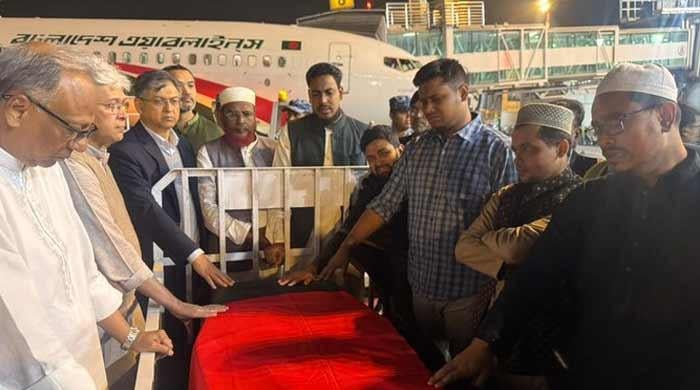
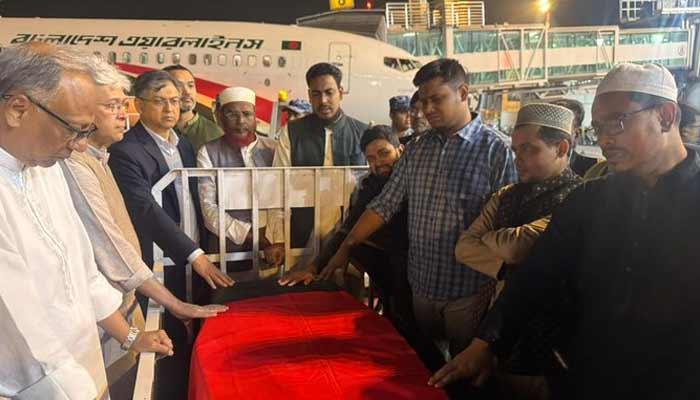
- Bangladeshis urged to resist violence committed by “fringe elements”.
- Mobs vandalise media offices, attack Indian High Commission.
- Violence to continue if justice not ensured, says activist.
The body of Osman Hadi, the popular student leader who was assassinated in Dhaka last Friday while launching his campaign for the elections, has reached the Bangladesh’s capital amid ongoing nationwide violent protests.
In a post on X, the interim government said a Biman Bangladesh Airlines flight carrying Sharif Osman Hadi’s remains landed at Hazrat Shahjalal International Airport in Dhaka at 5:48pm local time after departing from Singapore, where he was undergoing medical treatment.
Meanwhile, the interim administration urged people to resist violence as soldiers and police fanned out across Dhaka and other cities following protests, sparking fears of more unrest ahead of national elections in which he had been due to run.
The Muslim-majority nation of about 175 million people is due to elect a new parliament in less than two months’ time — a transition many hope will help the country recover from nearly two years of instability and reclaim its position as a South Asian development success story.
Frequent bouts of violent protests and political wrangling among disparate groups including hardliners have, however, punctured the national sense of euphoria that arose after student-led protests ousted powerful leader and longtime Prime Minister Sheikh Hasina in August 2024.
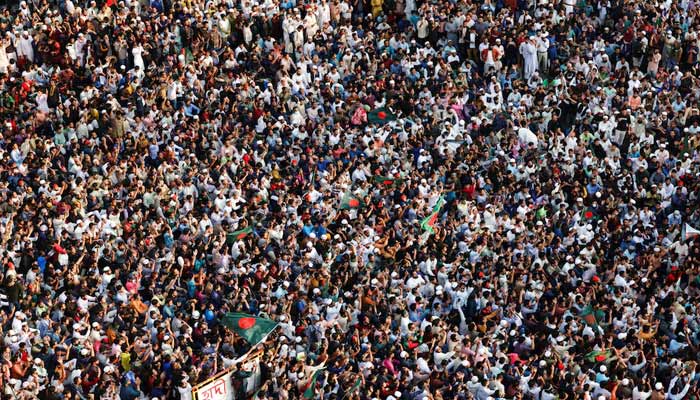
It has also exposed the limitations of the interim government headed by Nobel laureate Muhammad Yunus, analysts said, raising questions over his grip on governance in the world’s second-largest apparel producer after China.
Hasina’s party, the Awami League, which has been barred from the February 12 vote, has threatened unrest that some fear could derail the election itself.
Newspaper, Indian mission targeted
Youth leader Sharif Osman Hadi, 32, was shot in the head by masked assailants in Dhaka last Friday while launching his campaign for the elections. He was a spokesperson for the Inquilab Mancha, or Platform for Revolution, and participated in the protests that overthrew Hasina.
Hadi, an outspoken critic of India as well, was initially treated at a local hospital before being flown to Singapore for advanced medical care, where he died after six days on life support.
In Dhaka, videos circulating on social media showed mobs vandalising the offices of the country’s largest daily newspaper, Prothom Alo, as well as the Daily Star, on Thursday night.
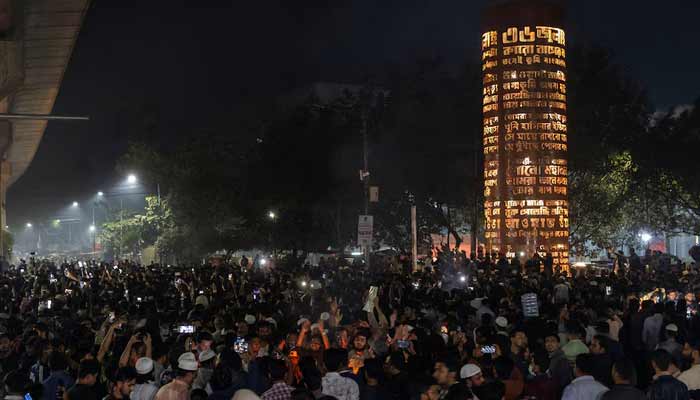
The fire service said the blaze at the Daily Star was under control. Troops were deployed to the scene, and firefighters rescued journalists trapped inside the building.
Violence was also reported in a number of cities across Bangladesh, including the port city of Chittagong, where protesters attacked the Indian Assistant High Commission.
The unrest follows fresh anti-India protests this week, with ties between the neighbours deteriorating since Hasina fled to Delhi. On Wednesday, hundreds of demonstrators marched toward the Indian High Commission in Dhaka, chanting anti-India slogans and demanding Hasina’s return.
Although calm had returned to much of the country on Friday morning, protesters carrying national flags and placards continued demonstrating at Shahbagh in central Dhaka, chanting slogans and vowing not to return until justice was served.
Government blames ‘fringe elements’
The interim government urged the people of Bangladesh to resist all forms of mob violence, it said were committed by a “few fringe elements”.
“This is a critical moment in our nation’s history when we are making a historic democratic transition,” it said in a statement. “We cannot and must not allow it to be derailed by those few who thrive on chaos and reject peace.”
The government told journalists at the Daily Star, Prothom Alo and New Age following the attacks on their offices that, “attacks on journalists are attacks on truth itself. We promise you full justice”.
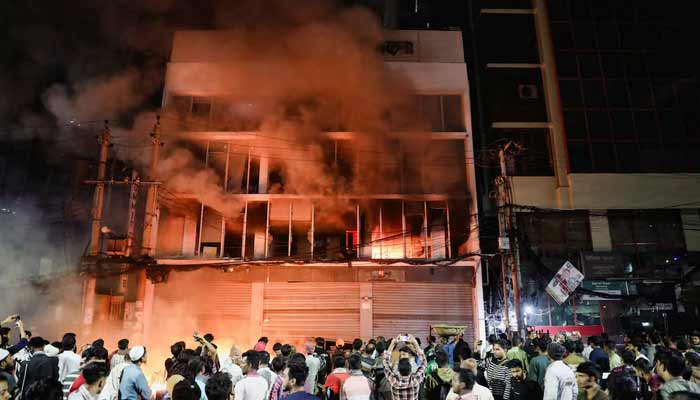
It also condemned the lynching of a Hindu man in Mymensingh district, who was beaten and set on fire over allegations of blasphemy in an unrelated incident, vowing that those responsible would be brought to justice.
Independent rights group Ain O Salish Kendra said in a statement that coordinated attacks on media outlets, cultural institutions and historical sites indicated the dangerous spread of extremist and violent thought in Bangladesh.
“This series of violence may remain a permanent crisis for the country’s human rights situation, democratic space and future generations,” if justice is not ensured and institutions protected, it said.
Politics
UK, EU sanction Canadian-Pakistani oil tycoon Murtaza Lakhani for helping Russia
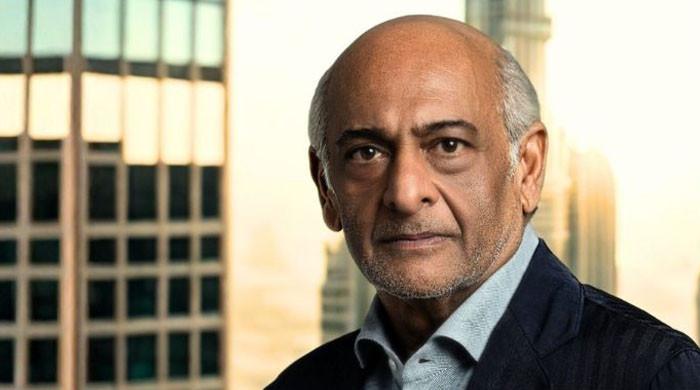
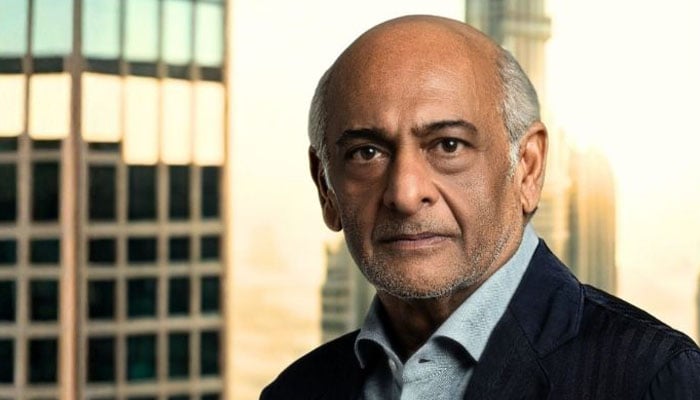
LONDON: The European Union (EU) and the United Kingdom (UK) have imposed sanctions on Pakistani oil trader Murtaza Ali Lakhani for allegedly helping Moscow to circumvent Western sanctions on crude exports that help to fund Russia’s war in Ukraine.
The UK accused 63-year-old Canadian-Pakistani Lakhani of “obtaining a benefit from or supporting the Government of Russia, by owning and/or controlling, directly or indirectly” several companies involved with Russia’s energy sector, including Tejarinaft, Fossil Trading and Dubai-based Amur II.
Lakhani, a former Tory donor, is the highest-profile oil trader to have been targeted by Western sanctions since Russia’s full-scale invasion of Ukraine in 2022. The move against Lakhani comes as the UK and EU are seeking to maintain pressure on the Kremlin, amid US efforts to force through controversial proposals for peace between Moscow and Kyiv.
Lakhani, a prominent Pakistani businessman who long used London as a base and is well-connected in British political circles, made a name for himself as a savvy operator in some of the most challenging jurisdictions.
Lakhani has been sanctioned separately by the EU as well. The latest EU sanctions prohibit the bloc’s citizens from doing business with the listed companies and individuals, reducing their access to shipping and insurance providers. The EU has listed more than 2,600 individuals and companies in total. Among those targeted by the EU is Canadian-Pakistani oil trader Murtaza Lakhani, CEO of trading company Mercantile and Maritime.
“Through his companies, he enables shipments and export of Russian oil, notably from the Russian state-owned oil company Rosneft,” said the listing in the EU’s Official Journal.
“In particular, Murtaza Lakhani controls vessels transporting crude oil or petroleum products originating in Russia or being exported from Russia.”
His three companies were also hit with sanctions by the UK, as was UAE-registered Mercantile & Maritime Group, with offices in London, Dubai, and Singapore. Lakhani, who was educated in London, built M&M into a significant international oil trading company, appointing grandees to its board, including a former head of the British army.
It set up a UK arm in 2015, which Lakhani owns and remains a director of, records show. That company, Mercantile & Maritime UK Limited, donated £500,000 to the Conservative party during then prime minister Boris Johnson’s 2019 election campaign, according to electoral records. M&M UK has not been hit with sanctions.
The Financial Times last month reported that Lakhani since 2022, had been linked to three companies incorporated in the United Arab Emirates that were involved in the supply of Russian oil, including Tejarinaft FZCO, which was renamed Nexus Oil Trading last year.
At the time, Lakhani’s lawyers said he did not “own or control” any of the businesses but had “provided them with ad hoc advice and assistance”.
The UK government said that the UK sanctions are squeezing Putin’s revenues, and his creaking war economy has been in free fall since the UK and US sanctioned Russia’s two largest oil companies in October.
As a result, oil revenues have hit their lowest level since Putin launched his full-scale invasion, falling over a quarter in the last year. Sanctions Minister, Stephen Doughty, said: “With Russian oil revenues in free fall, now is the time to tighten the squeeze on Putin’s brutal war machine and bring Russia to the negotiation table. Our message is clear – the UK will not rest until Putin ends the bloodshed and there is a just and lasting peace in Ukraine. The UK is cracking down on profit-hungry traders making millions off illicit Russian oil. Today’s measures target billionaire oil tycoon Murtaza Ali Lakhani and companies in his shadowy network that have become some of the largest traders of Russian oil since 2022.”
In a statement to Geo News, Lakhani’s lawyers said: “Mr Lakhani denies the allegations that he owns or controls any shadow fleet of vessels trading Russia petroleum products in breach of any applicable sanctions law. Mr Lakhani is immediately pursuing all avenues of legal remedy and redress to defend, refute, and appeal the unfounded, unfair and politically motivated sanction designations of the EU and UK.”
Lakhani started his career at global trader Glencore, where he worked on Iraqi oil exports during the Saddam Hussein era and later moved to Iraq’s Kurdistan region, where he acted as an intermediary between the oil ministry and international companies to sell oil independently of Baghdad.
During this period, he helped Russian state-controlled energy giant Rosneft to sign oil and gas deals in Kurdistan, working closely with Rosneft CEO Igor Sechin, including during signing ceremonies at Russia’s main economic forum in St Petersburg.
Building on this relationship, Lakhani partnered top oil trader Vitol to invest in a 5% stake in Rosneft’s largest oil project in decades, Vostok Oil in the Arctic.
“This country (Russia) is the largest resource country in the world. Hampering it is a very short-term effect, not a long-term goal for anybody. They will always need Russia,” he told Russia’s SolovievLive at the St Petersburg Forum in June.
Politics
Retired Nascar driver Greg Biffle among 7 killed in US private jet crash: officials
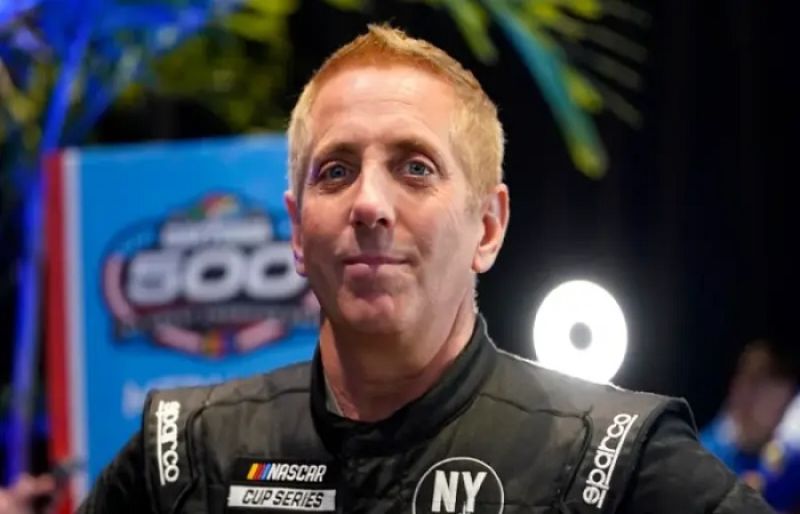

A business jet crash in North Carolina killed all seven people aboard Thursday, including a retired race car driver and his family, authorities and Nascar race officials said.
“There was a total of seven on board, all killed,” Iredell County Sheriff Darren Campbell told AFP.
The North Carolina State Highway Patrol said the plane had just taken off when it turned back to land before crashing.
The jet left from Statesville airport, north of the city of Charlotte.
Among those killed was retired NASCAR racing driver Greg Biffle, Nascar confirmed.
“The Nascar family is devastated at the loss of Greg Biffle, who was one of our 75 greatest drivers and became known for his relentless post-career humanitarian work. We extend our deepest condolences,” the race company said on X.
Among the fatalities were Biffle’s wife, Cristina Grossu Biffle, and their two children, according to Republican lawmaker Richard Hudson, a family friend who represents North Carolina in Congress.
“I am devastated by the loss of Greg, Cristina, and their children, and my heart is with all who loved them. They were friends who lived their lives focused on helping others,” Hudson posted on social media.
Weather may have played a role in the crash, according to local media, which reported adverse conditions at the time including drizzle and a low cloud ceiling.
The National Transportation Safety Board said it was launching a team to investigate the crash of the Cessna Citation C550.
“The team expects to arrive on scene tonight,” the agency said in a statement.
-
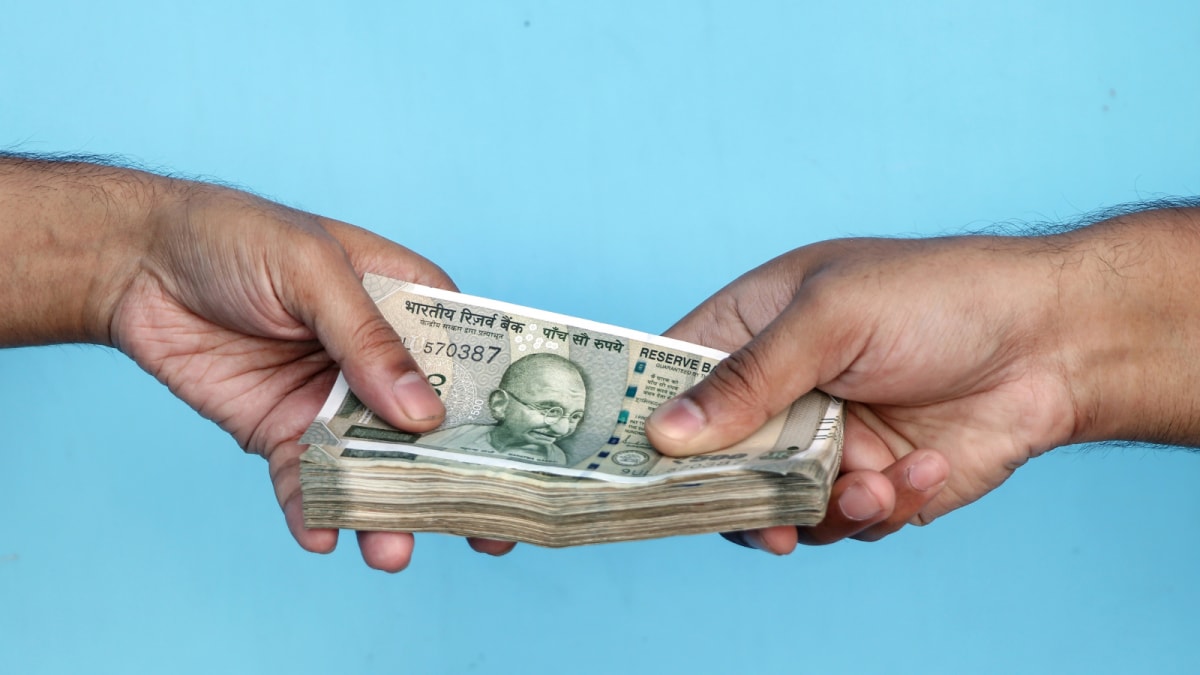
 Business6 days ago
Business6 days agoHitting The ‘High Notes’ In Ties: Nepal Set To Lift Ban On Indian Bills Above ₹100
-

 Politics1 week ago
Politics1 week agoTrump launches gold card programme for expedited visas with a $1m price tag
-

 Business1 week ago
Business1 week agoRivian turns to AI, autonomy to woo investors as EV sales stall
-

 Sports1 week ago
Sports1 week agoU.S. House passes bill to combat stadium drones
-
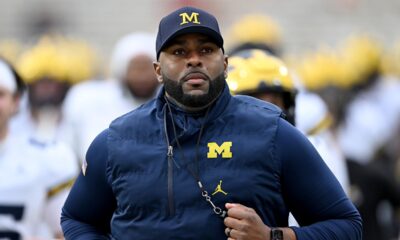
 Sports1 week ago
Sports1 week agoPolice detain Michigan head football coach Sherrone Moore after firing, salacious details emerge: report
-

 Fashion1 week ago
Fashion1 week agoTommy Hilfiger appoints Sergio Pérez as global menswear ambassador
-

 Business1 week ago
Business1 week agoCoca-Cola taps COO Henrique Braun to replace James Quincey as CEO in 2026
-

 Tech1 week ago
Tech1 week agoGoogle DeepMind partners with UK government to deliver AI | Computer Weekly





